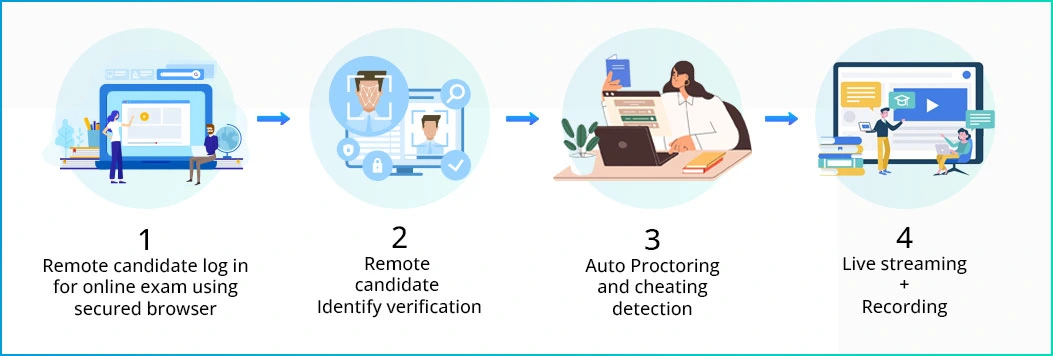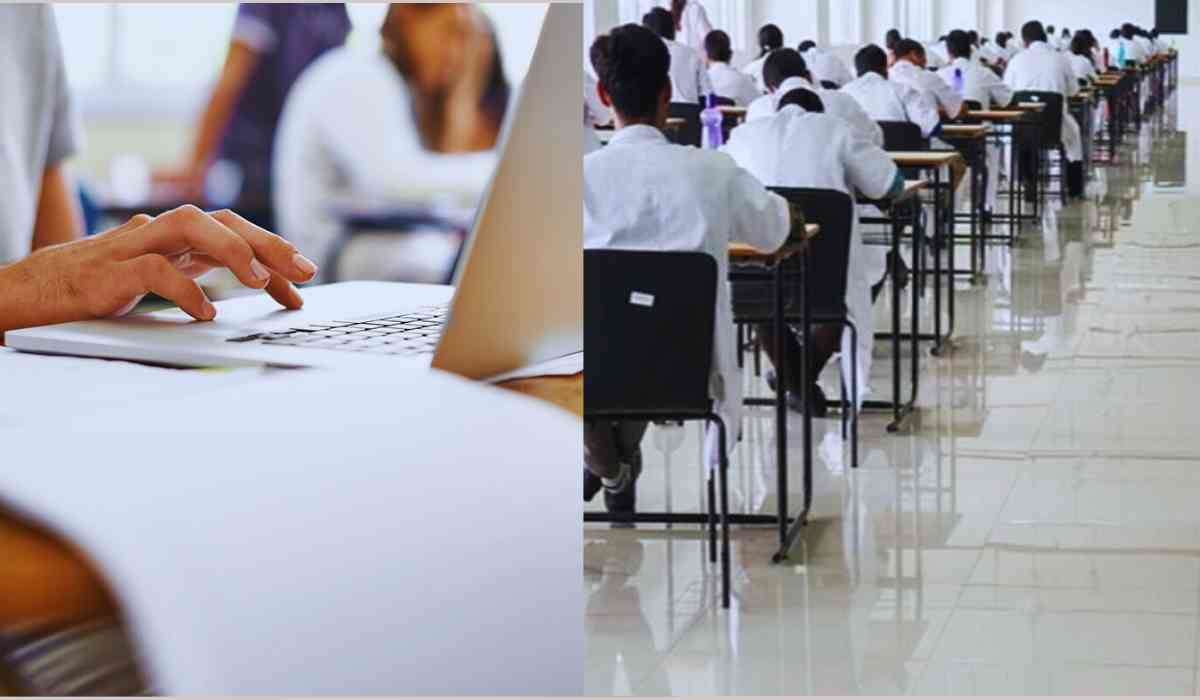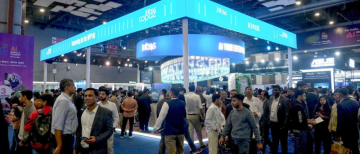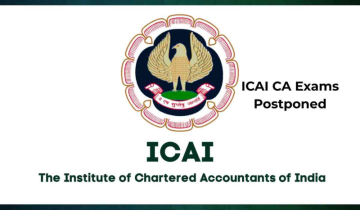The NEET Controversy: The issue surrounding the NEET-UG 2024 Exam stemmed from immense dissatisfaction among students and parents with the National Testing Agency's (NTA) alleged failure to ensure a fair exam. As a result, many have filed a Public Interest Litigation (PIL) citing irregularities, and improper use of compensatory marks for loss of time. A competitive test requires that all candidates be evaluated on an equal footing with transparency. This issue has prompted severe concerns regarding exam administration and the need for a solution to assure fairness.
On Saturday, June 8th, the NTA announced the formation of a four-member committee to assess over 1500 candidates who received compensatory marks due to loss of time. This committee will submit a report within a week, following which a final decision will be made. The Ministry of Information and Broadcasting further stated that the individual applicants who scored 720/720 at one examination centre were already top scorers before the adjustment of their results, and the grace marks awarded were based on a statistical formula. In these conditions, the widespread adoption of a secure, fair, and hassle-free system for administering exams is crucial. With the rise of e-learning and digital platforms, AI proctoring has emerged as a crucial medium for administering exams while ensuring integrity.
What is AI Proctoring?
AI proctoring is the practice of using AI-enabled technologies to examine the test-taking individual's behaviour, movement, and environment in the same way as a human invigilator would, using facial and voice recognition technology. The AI algorithm is trained by experts to predict, detect, and register even the most minor discrepancies and suspicions.

Let's explore some of the primary benefits of AI proctoring in present situations.
Integrity - By leveraging video and audio monitoring and advanced algorithms, AI Proctoring not only keeps a watchful check on evaluations but also acts as a deterrent, encouraging candidates to think twice before defying the rules. The proctor validates and authenticates the candidates' identifications before authorising them. Three people were detained in New Delhi for acting as fake NEET candidates at examination centres. Such situations can be avoided in an AI-proctored exam.
Accessibility - AI proctoring enables institutions to effectively expand their exams while letting applicants take assessments from home or any other location they want, as long as they have a reliable Internet connection. This year, some NEET candidates reported that the examination centres were overcrowded and badly administered. However, AI-proctored exams eliminate the need for physical supervision in a specific location, making education more accessible to individuals with geographical or physical restrictions, as well as reducing the psychological stress of transportation on exam day.
Efficiency - AI's capacity to quickly and reliably evaluate vast amounts of assessment data, including test-taker behaviour and generating full performance reports, far outperforms that of manual assessment. This prevents inaccuracies in official answer keys.

To have a better grasp of the situation at hand, we sought the expert advice of Shinkan's founder, Abhijit Saxena. His passion for the limitless possibilities of E-learning inspired him to create Shinkan, an AI-powered Remote System for Digital Education and Online Proctoring Services. He took the time to answer a few fundamentally significant questions about AI-proctored examinations to clear all our doubts.
- How can AI proctoring be implemented in our education system effectively?
The education system is quite large and varied across different layers from K12 to graduation and post-graduation, professional, Skill development etc. However, the need is quite similar across the board. We not only need comprehensive educational content and great teachers but also an assessment environment which is robust, secure, credible and most of all fair. With the onset of online education, an effective model is emerging which is hybrid. In a hybrid format even if the teaching part is still physical a lot of examinations can be online so that it saves time, is more secure and most of all can be used for more effective micro testing rather than aggregate testing at the end of semesters. It is very easily implementable with either the existing LMS which an institute may already be using or it comes available with a pre-integrated LMS which incorporates an efficient assessment platform. So as far as implementation is concerned it is quite seamless and quick and can be very effective in adding to the credentials of any course at any level
- What is the feasibility of AI Proctoring Centres in rural areas?
Rural can be one of the most prolific beneficiaries of online proctored examinations. As we are aware because it is logistically impossible to implement secure invigilation in the farthest of locations across the country, many prestigious examinations are conducted in large cities. Due to this either the rural aspirants have to travel to far-off cities or many times they prefer to skip such examinations due to cost and time factors. This is highly unfair and takes away opportunity from our rural strata. Online proctored examinations can very solve this problem. Today high-speed internet is available across the country. Candidates can either take it on their mobiles which have even reasonable speed internet (much lesser than the speed required for their video/reel consumption) or they can go to any nearby cyber centre and take the exam. Since AI-based proctoring can monitor every aspect it ensures that any malpractices will be highlighted with evidence and that it ensures higher safety than manually proctored examinations most of all tech-based solutions also bring in uniformity so that there is no section which is dis-avantaged.
_1718027610.png)
- Are there any government policies that can be implemented around this tech in the future?
The central government has taken a large step in introducing an anti-cheating bill in the Parliament. The anti-cheating bill, though currently restricted to public examinations, will make any form of cheating a criminal offence. This bold step along with the use of the technology which can support providing the right evidence would be very effective to curtail cheating. Hence the government maybe could come up with a policy on further introduction of tech in examinations (digital Examinations) across public and private examinations just like it has pushed for digital payments. This practice will change the education ecosystem across the nation which is core to our progress to be a developed nation.
- How can the transparency between the students and the review system be maintained to build trust?
With the help of technology monitoring it can provide adequate evidence which can be presented to the right authorities. Hence, it will no longer be dependent on pure human evidence which at times is difficult to corroborate. This will help students, parents, examination administration and judiciary with irrefutable evidence. Just like today, quite a few digital assets like emails, WhatsApp chats, audio, video etc are accepted similarly this will provide similar proof. Once the candidates, parents and educational ecosystem have witnessed such efficiency in monitoring, we are sure that it will change the behaviour and hence be highly beneficial to all.
- Lastly, can a high-stakes exam like the NEET, be conducted through AI Proctoring and if yes, then how?
Yes, they can be. NEET is currently a computer-based examination which is conducted at designated centres with manual invigilation under CCTV surveillance. This CCTV footage is monitored from various centres to control malpractice. However, there are currently a few inefficiencies in the system. The primary is that it still expects candidates to travel from far-off places especially from out of the city to take the exams at the designated centres, second is that even though these exams are conducted on computers the monitoring is manual both at the location as well as CCTV monitoring control centres, this causes too much dependence on manual. I feel that if we can add AI proctoring on the computers which are already being used then this will offer personalised monitoring with efficient tech. More importantly, it will add a very strong layer of security and provide far more effective evidence. Also, once the system gains confidence the ultimate objective would be to allow candidates to take the exam from anywhere which will facilitate so many more candidates to appear and will bring such opportunity which is currently missing from many!
With AI-proctored examinations being easily implementable and reaching the remotest of locations, they can be a viable solution to avoid the chaos of physical examinations. By resolving a few inefficiencies in the system, seamless facilitation of national-level examinations can be achieved through AI proctoring.
Inputs: Agencies
Image Source: Multiple agencies
© Copyright 2024. All Rights Reserved Powered by Vygr Media.
























